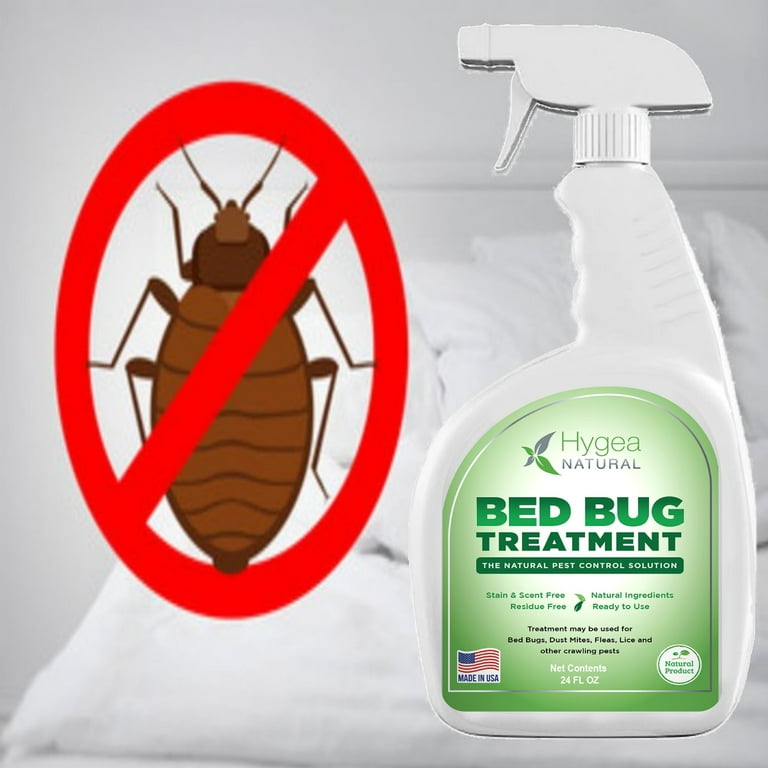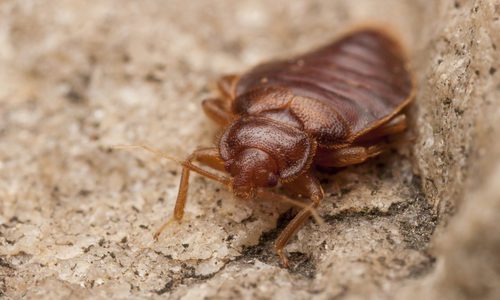Best Kings Pest Control Cincinnati: Premier Pest Control Experts
Best Kings Pest Control Cincinnati: Premier Pest Control Experts
Blog Article
A Malfunction of the Different Sorts Of Bug Control Solutions
In the realm of insect control, a wide range of techniques exist to combat the visibility and resolve of undesirable animals. From the traditional use chemical pesticides to more cutting-edge organic control options, each technique provides distinct benefits and constraints. As we navigate with the varied landscape of insect control solutions, understanding the intricacies of each technique becomes vital in determining one of the most reliable training course of activity. Remain tuned as we explore the nuanced globe of insect control strategies and uncover exactly how each type plays an one-of-a-kind function in protecting our settings.
Chemical Pesticides
Chemical pesticides are commonly utilized in parasite control to efficiently remove a variety of pests and other bugs. These chemicals work by targeting the anxious system of the pests, disrupting their typical features, and ultimately causing their death. The use of chemical pesticides has been a staple in the bug control sector for decades because of their performance and fast results.

Nevertheless, it is important to use chemical pesticides with care because of their potential harmful results on the atmosphere and non-target species. Inappropriate application or overuse of these pesticides can lead to air pollution, damage to beneficial pests, and resistance advancement in parasite populaces. Therefore, it is critical to comply with safety standards and regulations when making use of chemical pesticides for insect control.
Biological Control Methods
Thinking about the possible environmental impacts and dangers connected with chemical pesticides, organic control methods provide an even more lasting strategy to managing insect populations. Organic control entails using all-natural enemies, such as pathogens, bloodsuckers, and killers, to subdue parasite populaces. This approach is frequently much more targeted, impacting only the particular insect types while reducing damage to useful bugs, people, and the atmosphere.

One benefit of biological control is its lasting effectiveness. When established, natural adversaries can help regulate pest populations constantly without the demand for repeated applications of chemicals. Additionally, biological control is usually much more cost-efficient and can help in reducing pesticide resistance in insect populaces over time. Generally, organic control methods provide a ecologically pleasant and sustainable service to pest monitoring.

Mechanical Parasite Control
Mechanical pest control entails the physical adjustment or elimination of bugs to manage their populations effectively. This approach is usually used together with other pest control approaches for thorough bug administration. One common instance of mechanical bug control is utilizing traps to record rodents or insects. These traps can be established in calculated locations where parasites are recognized to dwell, assisting to reduce their numbers.
Another mechanical strategy is the use of obstacles such as screens, webs, or fences to obstruct pests from going into specific areas. By literally avoiding parasites from accessing a location, the chance of infestations or damages can be significantly minimized. In addition, manual approaches like handpicking pests off frameworks or plants can be effective for smaller-scale invasions.
While mechanical parasite control methods can be labor-intensive, they provide a non-chemical choice that can be environmentally pleasant and lasting. By targeting parasites directly, mechanical control techniques can assist maintain parasite populations in check without depending on chemicals.
All-natural Remedies
Making use of all-natural treatments for insect control provides a lasting and environment-friendly method to managing pest populaces without resorting to chemical interventions. Natural solutions entail utilizing substances acquired from plants, minerals, or various other naturally taking place sources to discourage or eliminate parasites.
Furthermore, important oils such as tea tree oil or neem oil have insecticidal homes that find more information can efficiently regulate bugs while being safe for the setting. One more natural treatment is introducing valuable bugs like ladybugs or hoping mantises to your yard to take advantage of harmful bugs. By incorporating these all-natural services right into insect management methods, individuals can minimize their reliance on artificial chemicals and promote a much healthier, much more well balanced community.
Integrated Parasite Management
Integrated Bug Management (IPM) is a thorough method that incorporates various methods to effectively manage pest populaces while reducing dangers to human wellness and the environment. IPM entails the integration of several parasite control methods such as biological control, habitat adjustment, modification of cultural methods, and the usage of immune crop ranges. By making use of a mix of these techniques, IPM aims to minimize dependence on chemical pesticides, which can have negative this content effect on his response environments and human wellness.
One key aspect of IPM is the emphasis on prevention. By carrying out actions to stop parasite problems prior to they take place, such as maintaining correct sanitation and securing entry points, the requirement for reactive bug control steps is lessened. Surveillance and routine assessments play an essential duty in IPM, enabling early detection of pest issues and prompt intervention.
Verdict
In verdict, the various kinds of insect control solutions use a range of alternatives for efficiently taking care of bug infestations. Organic control methods use all-natural predators to regulate insects. Integrated Parasite Administration incorporates several approaches for a holistic strategy to pest control.
Chemical pesticides are frequently used in bug control to effectively get rid of a vast range of bugs and various other pests.Mechanical bug control entails the physical manipulation or elimination of pests to manage their populaces properly (Kings pest control Cincinnati).Using all-natural solutions for insect control uses a sustainable and environment-friendly strategy to managing insect populations without resorting to chemical interventions.Integrated Bug Monitoring (IPM) is a thorough approach that combines various techniques to successfully manage pest populaces while lessening threats to human wellness and the setting.In verdict, the numerous kinds of bug control options use an array of alternatives for successfully handling bug invasions
Report this page